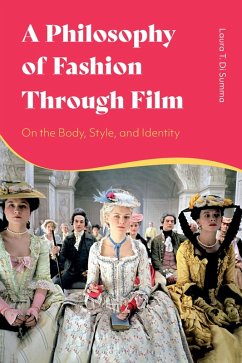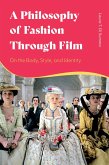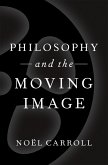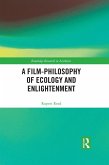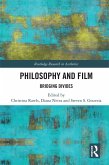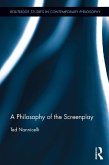The question of whether movies can deliver philosophical content is a leading topic in the cognitive and analytic debate on film. But instead of turning to the well-trodden terrain of narrative and emotional engagement, this is the first time fashion and costume choices are analyzed to demonstrate how movies can be said to be doing philosophy.
Considering how fashion and costumes can deliver the epistemic content of a film and act as a guidance to the interpretation of the philosophical content of a film, Laura T. Di Summa examines fashion and costume choices in classical and contemporary films. She discusses a number of cinematic examples, and the costumes and fashion elements within them, illustrating the importance of issues such as the performative side of fashion, the alteration between novelty and repetition, the pivotal role of the body, and the relation between fashion, style, and individual as well as collective identity.
Featuring close examinations of 1950s melodramas, Hollywood blockbusters and documentaries such as All That Heaven Allows, Mad Max Fury Road, and McQueen, Di Summa uses an innovative new lens to provide fresh philosophical analysis of films. The result is not only an advancement of our understanding of the aesthetic means through which film can do philosophy, but the first insights into a philosophy of fashion.
Considering how fashion and costumes can deliver the epistemic content of a film and act as a guidance to the interpretation of the philosophical content of a film, Laura T. Di Summa examines fashion and costume choices in classical and contemporary films. She discusses a number of cinematic examples, and the costumes and fashion elements within them, illustrating the importance of issues such as the performative side of fashion, the alteration between novelty and repetition, the pivotal role of the body, and the relation between fashion, style, and individual as well as collective identity.
Featuring close examinations of 1950s melodramas, Hollywood blockbusters and documentaries such as All That Heaven Allows, Mad Max Fury Road, and McQueen, Di Summa uses an innovative new lens to provide fresh philosophical analysis of films. The result is not only an advancement of our understanding of the aesthetic means through which film can do philosophy, but the first insights into a philosophy of fashion.

